
|
|
|
|
|
|
|
|
|

|
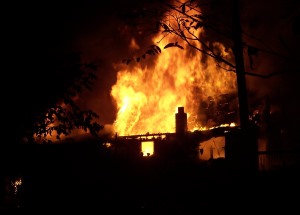
photo by Matt Lamp |
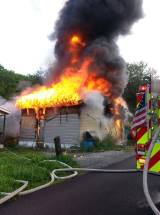
photo by Coal City VFD |
|
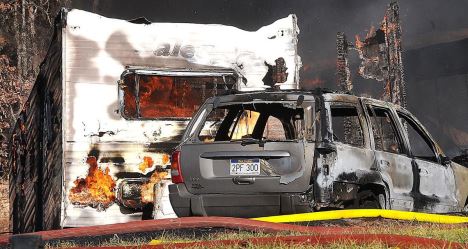
photo by Rick Barbero |
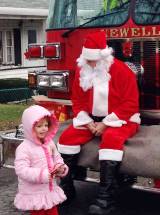
photo by Newell VFD |
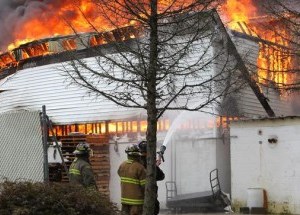
photo by Lori Wolfe |
|
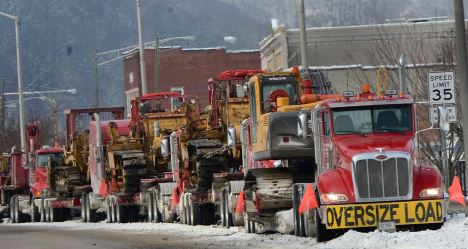
photo by F Brian Ferguson |
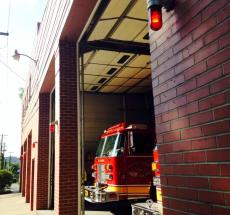
photo by West Side VFD |
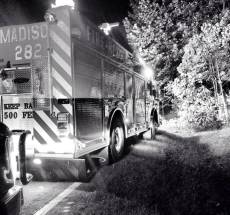
photo by Keria Browning |
|
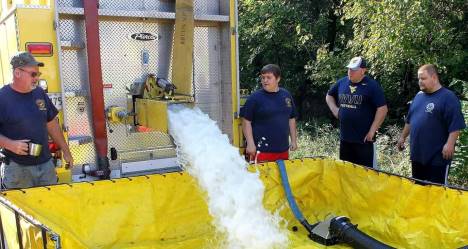
photo by Short Gap VFC |
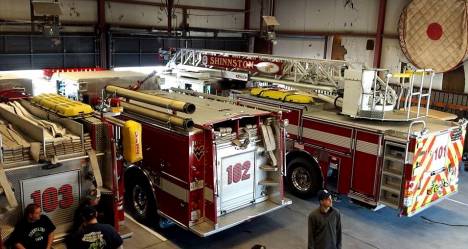
photo by Shinnston VFD |
West Virginia Forest Fire Laws
Spring Fire Season = March 1 - May 31
Fall Fire Season = October 1 - December 31
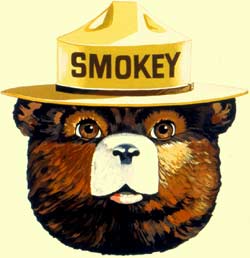
If you have any questions about the WV burning laws, please contact:
WV Division of Forestry
1900 Kanawha Blvd., E.
Charleston WV 25305-1080
304-558-2788 |
|
|
|
 |

|

|

|
 |

|

|

|

|

|

|

|

|

|

|

|

|

|

|

|

|

|
|
|
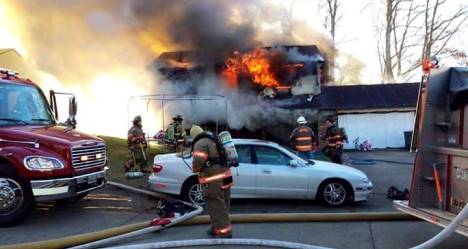
photo by Barboursville VFD |

photo by South Berkeley VFC |
|
|
| West Virginia Forest Fire Laws
|
The periods of each year between March 1 and May 31, inclusive, and October 1 and December 31,
inclusive, are hereby designated as Forest Fire Seasons.
No person shall during ANY such fire season, except between the hours of 5:00 p.m. and 7:00 a.m. prevailing time, set on fire or cause to be set on fire any forest land, or any grass, grain, stubble, slash, debris, or other inflammable materials. Any fire set during this time shall be extinguished prior to 7:00 a.m. prevailing time. Such prohibition of fires between 7:00 a.m. and 5:00 p.m. prevailing time shall not be construed to include (1) small fires set for the purpose of food preparation, or providing light or warmth around which all grass, brush, stubble, or other debris has been removed for a distance of ten feet from the fire, and (2) burning which may be conducted at any time when the ground surrounding the burning site is covered by one inch or more of snow.
No burning may be done unless all inflammable material has been removed from around the material to be burned as a safety strip for a distance which insures that the fire will not escape and which is not less than 10 feet. If fire escapes beyond the safety strip, the person responsible shall be guilty of misdemeanor.
- Before leaving ANY fire for ANY period of time, it must be totally extinguished.
- Commercial permits to burn during the prohibited periods may be issued by the Division of Forestry.
- All sawmills, power shovels, or an engine or machine capable of throwing sparks must be provided with an adequate spark arrestor if operating on land subject to fire by any cause.
- All inflammable waste disposal areas on ANY land must annually have removed all grass, brush, debris and other inflammable material adjacent to such disposal areas to provide adequate protection to prevent the escape of fire to adjacent lands.
- The State shall recover from the person or persons, firms or corporations whose negligence or whose violations of any provisions of this article cause ANY fire at ANY time on any grass or forest land the amount expended by the State.
- A landowner must take all practicable means to suppress ANY fire on his property. If he fails to do so, the State shall collect from him the amounts expended by the State for such purposes.
The West Virginia Division of Forestry reminds residents that restricted burning regulations are effective during both the spring and fall fire seasons. Outdoor burning is prohibited from 7 a.m. to 5 p.m. Outdoor burning is allowed from 5 p.m. to 7 a.m. and all fires must be extinguished by 7 a.m.
State law requires a ring or safety strip around outdoor fires to keep the fire from spreading into the woods. This safety strip must be cleared of all burnable material and be at least 10 feet wide completely around the debris pile.
Additional requirements of the state’s fire laws include staying on-site until the fire is completely extinguished, and only burning vegetative materials like leaves, brush and yard clippings.
If you allow a fire you have started to escape and it causes a wildfire or forest fire, you will be subject to fines ranging from $100 to $1,000. An additional civil penalty of $200 also will be assessed against you.
Tips for safe outdoor burning
- Put debris in several small piles instead of one large one.
- Never burn on dry, windy days.
- Select a safe place away from overhead power lines, phone lines or other obstructions and where the fire cannot spread into the woods or weedy or brushy areas.
- Clear at least a 10-foot area around the fire and make sure the area is clear of all burnable material.
- Have water and tools on hand to extinguish anything that may escape the burn area.
- Be conscientious of neighbors and don’t burn debris that produces a lot of smoke at times when smoke does not rise. If the smoke spreads out near the ground instead of rising, put out the fire and burn another time.
- Stay with the fire at all times until it is completely out. Leaving a fire unattended for any length of time is illegal.
- Call 911 immediately if a fire does escape.
- Contact local city government offices for possible burning ordinances when burning within city limits.
Commercial Burning Permits
Commercial burning permits may be obtained by public utilities and people burning in conjunction with commercial, manufacturing, mining or like activities. These burning permits cost $125 each and are issued by local Division of Forestry offices. A permit is required for each site where this type of burning takes place.
|
|
 |
|
|
Copyright© 2026 WVFirefighters.com All rights reserved
Gums n Roses public safety websites |
|